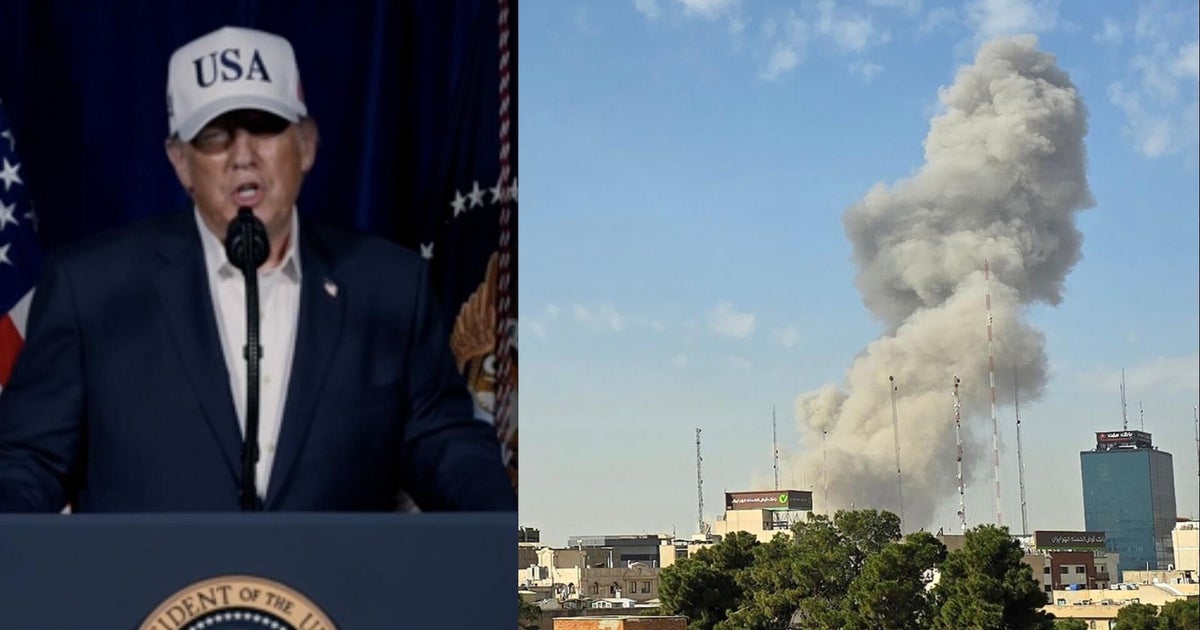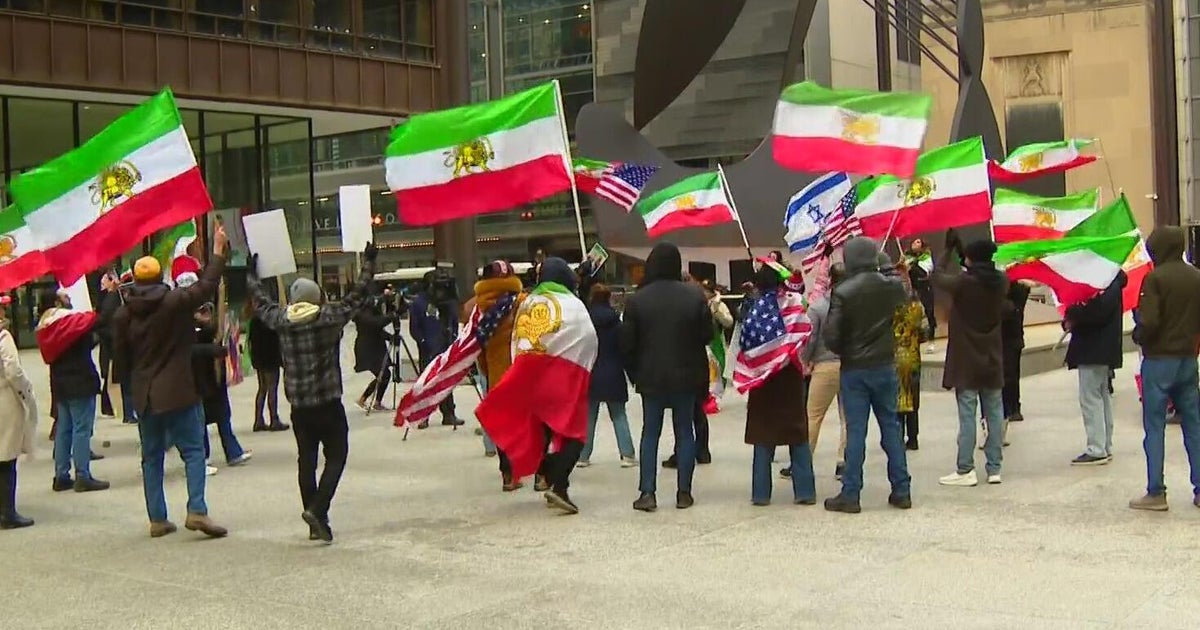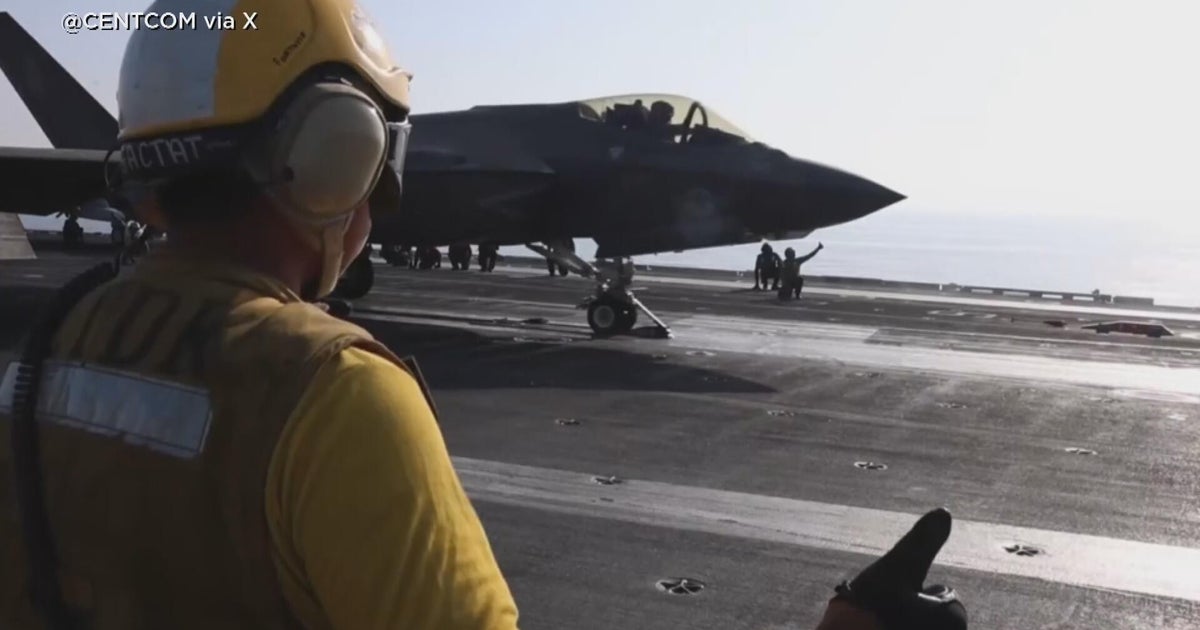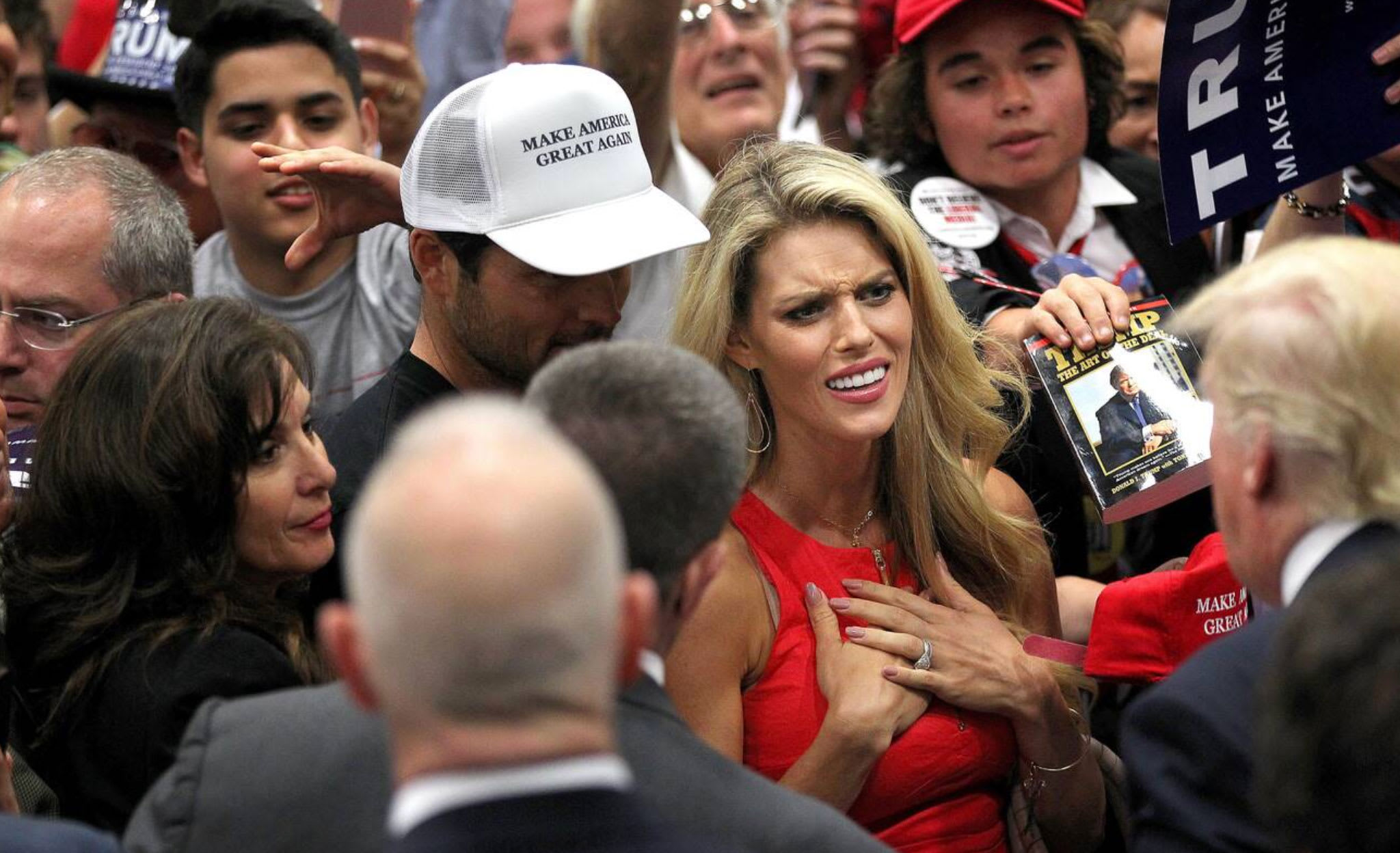House Intelligence Committee requests public testimony from intel chiefs on worldwide threats
The House Intelligence Committee has formally requested public testimony from the heads of the major U.S. intelligence agencies to discuss worldwide threats, according to a letter obtained by CBS News. Committee chairman Adam Schiff asked acting Director of National Intelligence (DNI) Joseph Maguire to appear for a public and closed-door hearing on February 12.
The previously longstanding annual tradition has eluded the House panel since 2016, when then-chairman Representative Devin Nunes had just taken the helm.
"During this public hearing, the Committee will inquire about the [intelligence community's] unclassified assessments regarding the diversity of threats that currently face the nation and endeavor to provide transparency about the significance of these threats," Schiff wrote. "The hearing provides an unclassified, yet important broad understanding of how threats have evolved and what the nation can expect in the year to come."
The hearing typically takes place before both the House and Senate Intelligence committees in the first quarter of the year. It convenes intelligence community leadership – the DNI, the directors of the CIA, NSA, FBI, Defense Intelligence Agency (DIA) and occasionally others – and presents an opportunity for each to outline the threats facing the country in general and their agencies in particular.
In previous years, leaders have testified in an open setting first about unclassified matters, and then moved behind closed doors for a classified portion.
The Senate Intelligence Committee has held a public hearing annually and is in discussions about this year's plan, according to a committee spokeswoman.
"The Committee has not yet issued formal invitations for this year's annual Worldwide Threats hearing, but does expect to convene the hearing in the coming months," said spokeswoman Caitlin Carroll. "The schedule and format for the hearing will be determined by the Chairman."
Multiple sources told CBS News there have been preliminary, staff-level discussions between both congressional committees and the intelligence agencies about whether the entirety of this year's hearings could take place in a closed-door session, a development first reported by Politico.
Those discussions were prompted in part by President Trump's reaction to elements of last year's hearing before the Senate Intelligence Committee, after which he criticized the assessments presented by his own top intelligence officials on the nuclear ambitions of Iran and North Korea as "naïve" and "passive," and suggested in a tweet that "Intelligence should go back to school!"
After summoning CIA Director Gina Haspel and then-DNI Director Dan Coats to the Oval Office, the president said later said he and they were "very much in agreement on Iran, ISIS, North Korea, etc."
Former intelligence officials familiar with the demands of the hearing said the rigors of preparing for public testimony were now likely to be compounded by the president's scrutiny.
"It's not fun. It's a lot of work. There's a lot of studying involved because you want to be able to answer the questions that get posed, and to be careful that you don't say anything classified," said former CIA acting director Michael Morell, who has prepared both written and oral testimony for past hearings. "Then you put on top of it this new stress that derives from the president's potential reaction – I understand the [intelligence] community's desire not to do this publicly."
"Having said that," Morell, now a CBS News senior national security contributor, added, "This is an extremely important annual exercise because it is a check on policymakers who may, in public, be going beyond what the intelligence says about an issue. And it is an opportunity for the American people to hear from the leaders of these mostly clandestine organizations – which are operating in a democracy – and determine they have confidence in them."
A spokesperson for the Office of the Director of National Intelligence told CBS News the agency was unable to reach a "mutual agreement for public testimony" with the House Intelligence Committee last year, but declined to offer comment on previous years.
"The Intelligence Community is committed to providing timely, accurate and useful information about the worldwide threats facing the nation to Congress and the American people," the spokesperson said. "We continue discussions with the committees about the timing and format of the Worldwide Threat Assessment hearings this year."
The officials who would be expected to testify in the hearing would no doubt face new questions about the intelligence that underlay the U.S. military's strike on top Iranian general Qassem Soleimani, the threat of a resurgent ISIS and the state of North Korea's nuclear program. Neither Maguire nor Haspel has to date spoken publicly about the Soleimani strike.
Mr. Trump has also lashed out repeatedly about the whistleblower complaint that triggered the ongoing impeachment proceedings, and about which acting DNI Maguire – who must be either confirmed by the Senate or replaced by early March – testified publicly last September.
Former officials said the fact that the House Intelligence Committee has been the principal locus of the politically divisive impeachment proceedings would likely add to the intelligence community's hesitancy to appear.
"The atmosphere in the [House Intelligence Committee] is totally poisonous. I don't think the two sides could come to an agreement that today is Thursday, if they were asked," said Mark Lowenthal, a former committee staff director and senior CIA official.
"But," he continued, "You don't get to choose who your overseers are. The House committee is a permanent committee. It has standing. It has jurisdiction. They're the ones that are going to approve the programs you want."
"You don't really get to say, 'I don't like this committee; I don't want to go talk to them,'" Lowenthal said.




